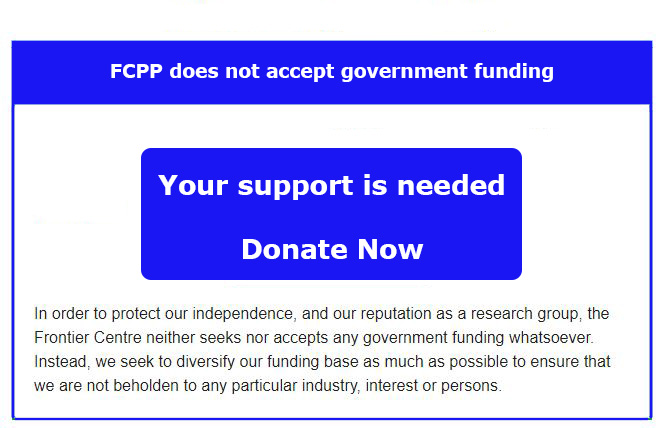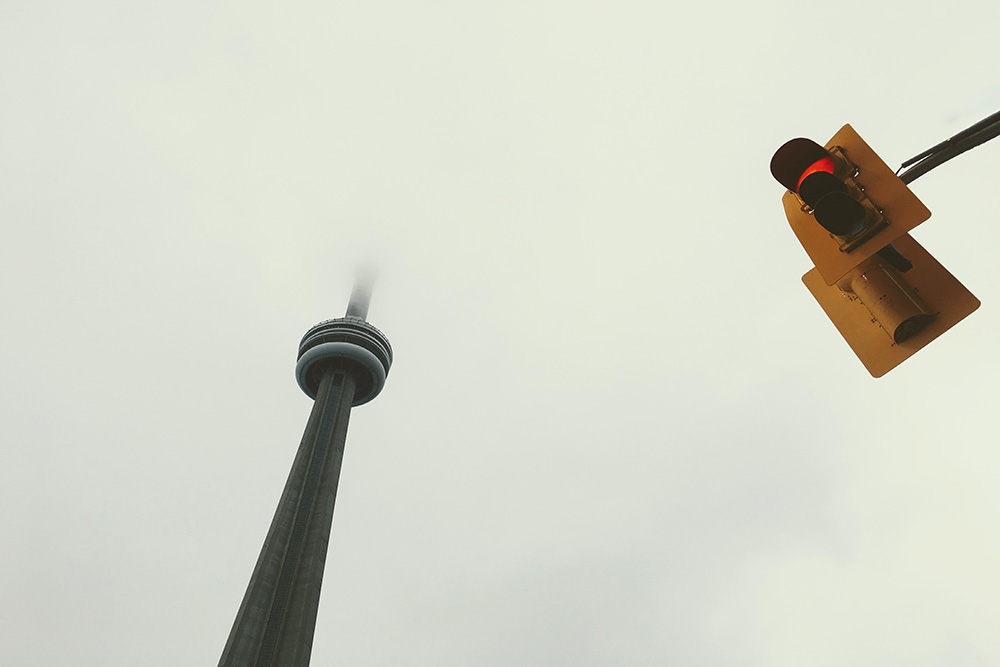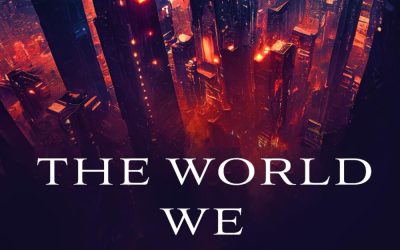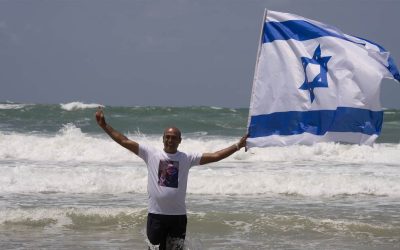A judge found the man who drove a rented van down Toronto’s sidewalks, trying to kill as many people as he could, guilty of murdering ten and attempting to kill sixteen more. The judge also took the extraordinary decision to refer to him as “John Doe,” denying him any notoriety he might have expected or sought.
The judge rejected this deranged man’s controversial defence that autism had caused him not to know that mass murder is wrong. She was decisive and efficient in delivering her verdict, sensitive to the victims’ families and community, and did her part to diffuse the accused’s motivation to attain notoriety, an admission he had made to psychiatrists.
The judge noted:
Mr. Doe thought about committing these crimes over a considerable period of time and made a considered decision to proceed. His attack on these 26 victims that day was an act of a reasoning mind, notwithstanding its horrific nature and notwithstanding he has no remorse for it and no empathy for his victims.
The judge did what New Zealand’s prime minister did by not naming the shooter who killed 50 people at two mosques in the city of Christchurch in 2019. She noted: “He sought many things from his act of terror, but one was notoriety, and that is why you will never hear me mention his name.” She added: “He is a terrorist, he is a criminal, he is an extremist. But he will, when I speak, be nameless.”1
On the other hand, the media in the Toronto case completely disregarded the strong and important message the judge sent—to deny this deranged man the notoriety and fame he so perversely sought, and to mitigate the potential of this atrocity as motivation for anyone else.
Both of these leaders sought to provide a new social standard for condemning mass murders, but in both cases, the media have disregarded the principle of the “nameless.” They justify their behaviour as an attempt to balance journalistic responsibility while supposedly not glorifying acts of violence. The CBC’s director of journalism put it in the following terms:
It is not our role to filter or purposefully withhold information of this nature. This would lead to unfounded speculation in the absence of information. Our reporting on the shooter is framed around what we believe the public needs to know to help make sense of the horrific nature of the massacre. But no more than that.2
While journalistic independence and balancing of considerations are legitimate, complex, and challenging decisions, it would be refreshing to see a progressive outlet take the position that perhaps it’s worthwhile testing a different approach. How much benefit is really gained by identifying the accused, especially following incidents that are widely reported?
- Could news reports at least refuse to publicly name such suspects, while providing alternative links to far less widely circulated, publicly available official documents for those who are really intent on identifying the nameless John Doe, such as a court docket?
- How about naming the accused once during the initial reporting, and subsequently leaving the accused nameless by simply referring to the initial report?
- How about refraining from naming the accused in live reporting, and referring interested viewers to a single report of the accused’s name in a web report?
Agreed that these are not ideal solutions, but they would greatly mitigate unwarranted and unnecessary popularization of the accused. They are options.
The widespread reporting of the name of the Toronto accused was a race by journalists to be the first out of the block to titillate instead of doing the right thing. The vast majority of viewers will make no more or less of the information about this incident by knowing the name of the accused—it will make no difference to most of us; it will, however, to some. And recall that this person had told psychiatrists he committed the acts to attain notoriety.
The way that the media report an event can play a role in increasing the probability of imitation. The extensive media coverage, often repeatedly featuring an accused’s image, manifesto, life story, and the details of the event can directly influence imitation.3
The contagion effect suggests that identification with prior mass shooters and murderers made famous by extensive media coverage, including names, faces, writings, and detailed accounts of their lives and backgrounds, is a more powerful push toward copycat violence than their mental health status.4
A 2015 study actually quantified the increased probability of a copycat event. The study found significant evidence that mass killers using firearms are motivated by similar events in the immediate past. According to the study, on average, this temporary increase in probability lasts thirteen days, and each incident incites at least 0.30 new incidents. The study also reported significant evidence of contagion in school shootings, with an incident being contagious for an average of thirteen days, and inciting an average of at least 0.22 new incidents.5
Law enforcement has been quite clear in encouraging media organizations to rethink the way they cover mass victim stories so as to focus less attention on the shooters. A law enforcement campaign called “Don’t Name Them” has cautioned against glorifying the attacker by giving them valuable airtime. The campaign advises against sharing their manifestos, their letters, or their social media posts and instead telling the real stories—the stories of the victims, the heroes, and the communities who come together to help the families heal.
The Don’t Name Them campaign notes:
It is journalistically routine to name the killer. It’s public record and it is important to use their names and likenesses to apprehend them and bring them to justice. However, once they are captured, it’s really no longer a part of the story, other than to create a call to action for a like-minded killer to take their plans and thoughts and make them into deeds.6
According to the standards that measure media health, information hygiene is a determinant of how one engages with news, avoids information echo chambers, verifies information, and avoids amplifying unvetted information;7 and yet the media too often engages in unhygienic practices when it comes to sensational reporting.
The judge and New Zealand’s prime minister adapted to the expectations of a higher order and acted outside of the systemic conveniences. However, the media have chosen to use the comfortably defined, systemic justifications for a competitive advantage.
Anil Anand is a research associate with the Frontier Centre for Public Policy.
Photo by Tim Gouw on Unsplash.
[show_more more=”SeeEndnotes” less=”Close Endnotes”]
- Meghan Keneally, “New Zealand Prime Minister Jacinda Ardern Vows to ‘Never’ Say Mosque Shooter’s Name,” ABC News, March 19, 2019, https://abcnews.go.com/ABCNews/zealand-prime-minister-jacinda-ardern-vows-mosque-shooters/story?id=61781072.
- Matt Kwong, “The Case for Denying Mass Killers Fame in Order to Fight the Deadly ‘Contagion Effect’,” CBC News, March 20, 2019, https://www.cbc.ca/news/world/new-zealand-mass-murder-no-notoriety-naming-killers-1.5063397.
- James N. Meindl and Jonathan W. Ivy, “Mass Shootings: The Role of the Media in Promoting Generalized Imitation,”American Journal of Public Health 107, no. 3 (2017): 368–370.
- Ibid.
- Sherry Towers, Andres Gomez-Lievano, Maryam Khan, Anuj Mubayi, and Carlos Castillo-Chavez, “Contagion in Mass Killings and School Shootings,” PLoS One 10, no. 7 (2015): e0117259.
- Texas State University et al., “Don’t Name Them,” Advanced Law Enforcement Rapid Response Training Center (ALERRT) at TSU. Accessed March 9, 2021, https://www.dontnamethem.org.
- 21st Annual Edelman Trust Barometer, https://www.edelman.com/sites/g/files/aatuss191/files/2021-01/2021-edelman-trust-barometer.pdf.
[/show_more]



